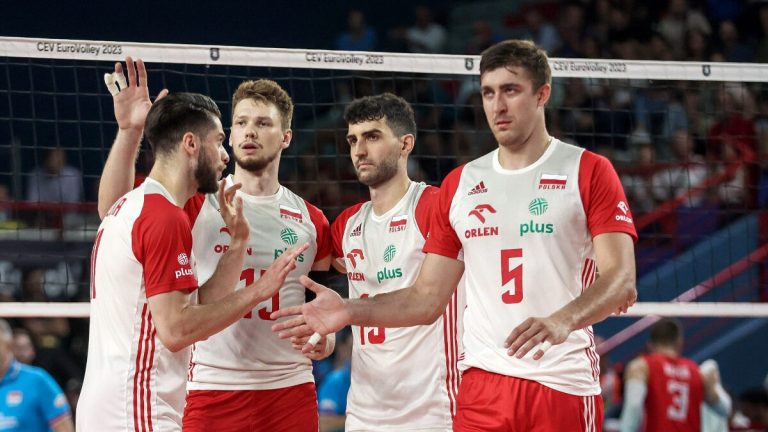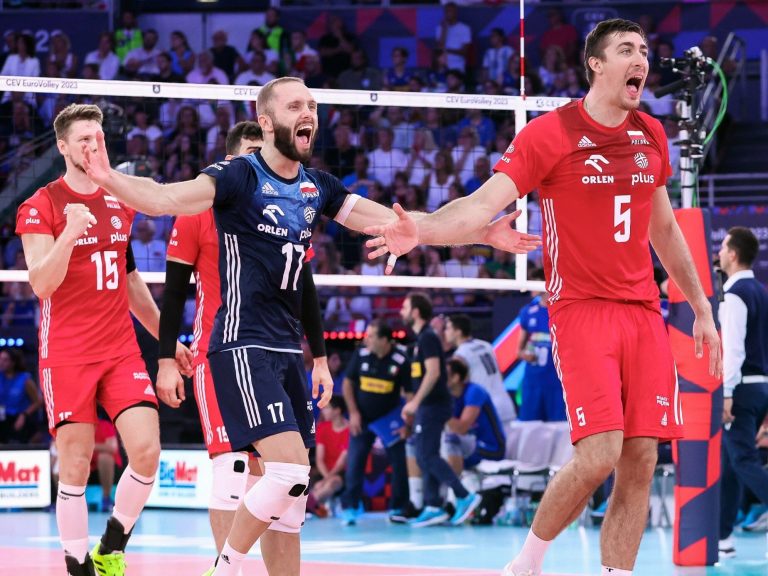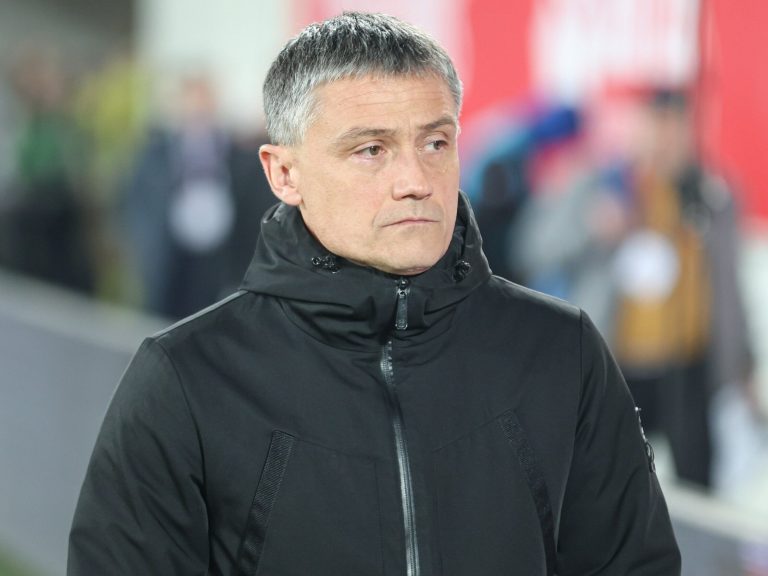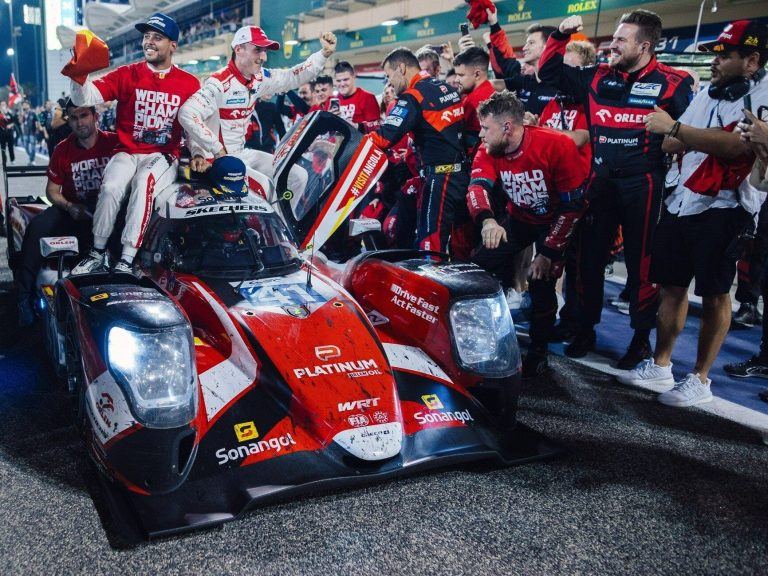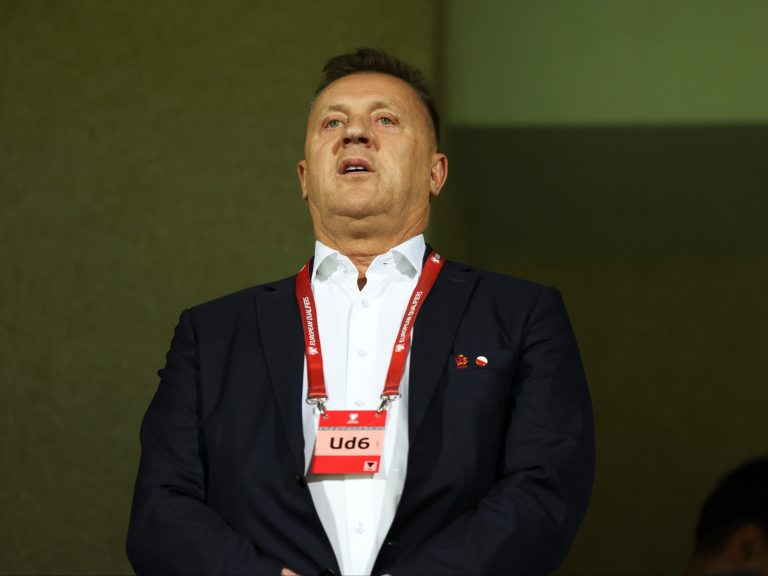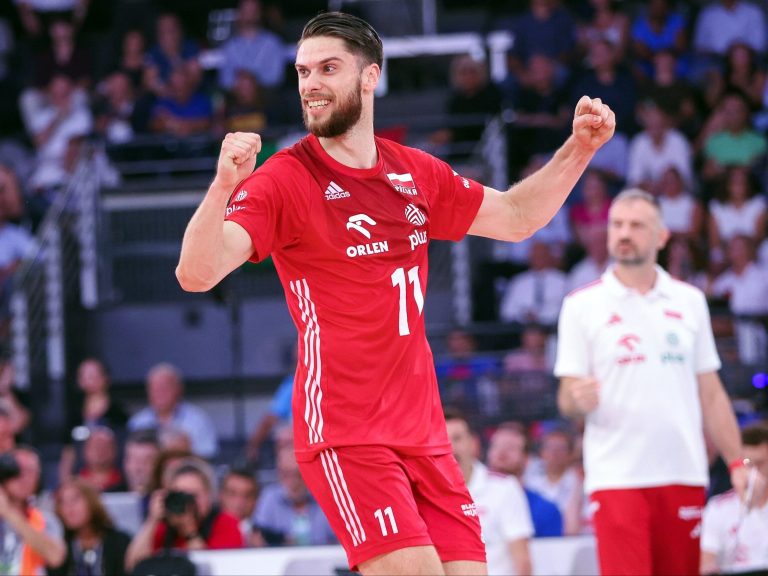The Czechs still can't get over this goal. The golden goal took away their great triumph

The Czechs defeated Poland in the group stage and will play at Euro 2024. Less than three decades ago, they were doing so well in England that they were one step away from winning the full prize pool.
Polish fans have long been afraid of qualifying for the European Championships. The team, which has been participating in Euros continuously since 2008, failed badly in the group stage and only thanks to the play-offs did it secure the right to play in the June tournament. Albania won our group E, but the Czechs were right behind them.
Ivan Hasek's team (which replaced Jaroslav Silhav, the architect of advancing to the tournament) is certainly not among the candidates for success in Germany. They will play against Turkey, Georgia and Portugal in Group F, so advancing does not seem an impossible task. Nevertheless, the southern neighbors remember with nostalgia the second half of the 1990s, when, after the collapse of Czechoslovakia, they became the leading force in Europe.
The Czech national team has established itself among the football elite
The Czechs had no major problem with winning their qualifying group before Euro 1996. In the fight for direct promotion, Dusan Uhrin's players defeated the Dutch, as well as the Norwegians, Belarusians, Luxembourgers and the Maltese. The event from 28 years ago was the first with a changed format. Instead of eight teams, sixteen took part. It remained at this size for 20 years. Since Euro 2016, 24 teams have participated in the Old Continent championship.
However, their southern neighbors did not have an easy task in the group stage of the championship organized in Great Britain. The tournament under the slogan “Football Comes Home”, referring to the fact that it was in the Isles that the game of football was standardized, gathered great teams and stars. Uhrin's team was in one of four with Germany, Italy and Russia. For good morning, they had to digest a solid defeat from the former. Bertie Vogts' team won 2-0 after two goals in the first half (Ziege and Moller). There was plenty of fighting in the match, as evidenced by the fact that as many as ten players ended the match with a yellow card.
The heroes of the text fared better in the next clash, against Italy. In Liverpool, fans again saw all the goals in the first half. Pavel Nedved quickly opened the match, and a dozen or so minutes later Enrico Chiesa equalized. Radek Bejbl scored the goal that determined the three points in the 35th minute. The opponents had a difficult time as they competed with ten players for most of the match. Before the second goal for the Czechs, Luigi Apolloni was shown a red card.
The Russians turned out to be an unexpectedly difficult opponent. The rivals, who had previously lost two matches, no longer had a chance to advance to the quarterfinals. Despite this, they caused a lot of problems for the team of our southern neighbors. The Czechs could have been happy until the break as they were leading 2-0. However, the beginning of the second half belonged to the rivals, who equalized the match in a few minutes. Oleg Romantsev's team (who had a conflict with his players during the tournament) even took the lead in the 85th minute. Vladimir Smicer saved the Czechs from advancing to the quarterfinals. The midfielder scored a goal, which, as it turned out, ensured a priceless triumph. Although the Czechs and Italians had the same point balance (the Italians drew with the Germans in the last round), the result of the direct duel favored Uhrin's team.
Karel Poborsky is remembered by football fans
In the quarterfinals, the Czechs faced the Portuguese, the winners of Group D, who had not lost a single match. They were the favorites in the clash in Birmingham, but they were not the ones who left the field with advancement to the semi-finals. That match is still remembered by fans because of the only goal scored at that time. In the 53rd minute, Karel Poborsky received the ball. The midfielder dribbled several opponents and took advantage of Victor Baia coming out of goal. He effectively lobbed the goalkeeper, making the tournament history.
– It was a fantastic goal, incredibly important for us. Many young players don't remember me as a player, but they remember that goal. Many people saw her. I'm glad I left something behind, Poborsky recalled in 2016 in an interview with UEFA.
The Czechs wrote the history of Euro 1996
The tournament's revelation had to face the French in the semi-finals, who had gone through the quarter-finals with great difficulty. Only after penalty kicks did they defeat the Dutch. They couldn't have expected that the match against the Czechs would be much more difficult. Dusan Uhrin's team had to cope without Radoslav Latal. The former coach of Polish clubs shined at that tournament. In the match against Portugal, he received a red card and could not support his teammates.
There was no shortage of fighting in the clash with the Tricolors. However, there were no goals. For 90 minutes, the fans at Old Trafford had to enjoy it. Leslie Mottram was shown six yellow cards but never ordered play to be restarted from midfield. The decision was decided by penalty kicks. Zidane, Nedved, Djorkaeff and Poborsky scored. Every one of them hit. The breakthrough came when Petr Kouba saved a weak shot by Reynaldo Pedrosa with his foot. Miroslav Kadlec took advantage of the opportunity and sent his team to the Euro final.
Oliver Bierhoff stuck a knife into Czech hearts
Czechoslovakia tasted success at the European Championships. The national team won in 1976 and reached the top four twice. Twenty years later, however, this country no longer existed. The final at Wembley featured “only” Czechs. English fans were counting on their team's performance, but Gareth Southgate missed a penalty kick in the semi-final. This resulted in a repeat of the group stage in the final. The Czech Republic faced Germany again.
This time the match was more even than a dozen or so days earlier. There were no goals scored until the break. In the second half, the Czechs were the first to enjoy the lead. After the German defender's sharp entry, the referee pointed to the number eleven. Patrik Berger scored a penalty goal, sending the Czech section of the stands in London into euphoria. A few minutes later, Vogts pulled (as it later turned out) the joker from the closet. Oliver Bierhoff replaced Scholl and equalized the score with a header. There were no further goals scored until the end of regular game time.
This meant extra time played under the “golden goal” rules. This meant that the first team to score a goal automatically won the match. The referee ended the match at this point, giving no chance to make up for the loss. In the 95th minute, there was confusion in the Czech Republic's penalty area. Bierhoff first made a stop and then hit the ball after turning. It bounced off one of the rivals and confused Koude.
– I think that shot looked harder to defend on the court than on TV. He had great power and direction, the German striker recalled years later.
Bierhoff took off his shirt and started playing with his friends. In turn, the Czechs were plunged into sadness. Although they were the great revelation of the tournament, for a moment they were very close to great success, which they have not seen as a separate country until now.
“The Czech footballer” was remembered by fans for good
This year marks 28 years since the events in England. Many players of the then Czech national team entered the history of European football for good. What's more, Latal (selected to the tournament squad) made himself known even to Polish football. To this day, many people raised in the 1990s remember that team with nostalgia. And not only because of the characteristic “Czech footballer” hairstyles…

